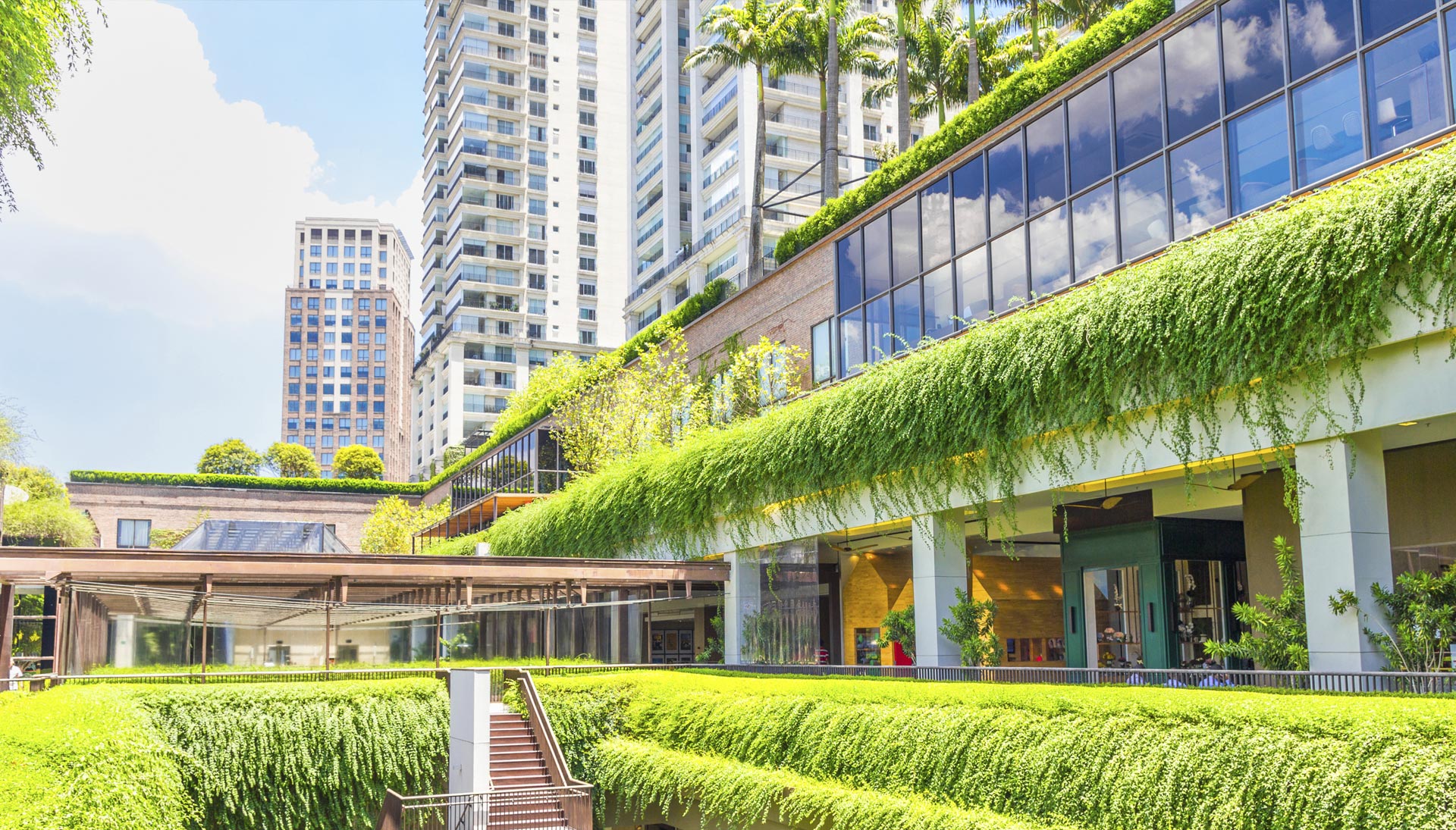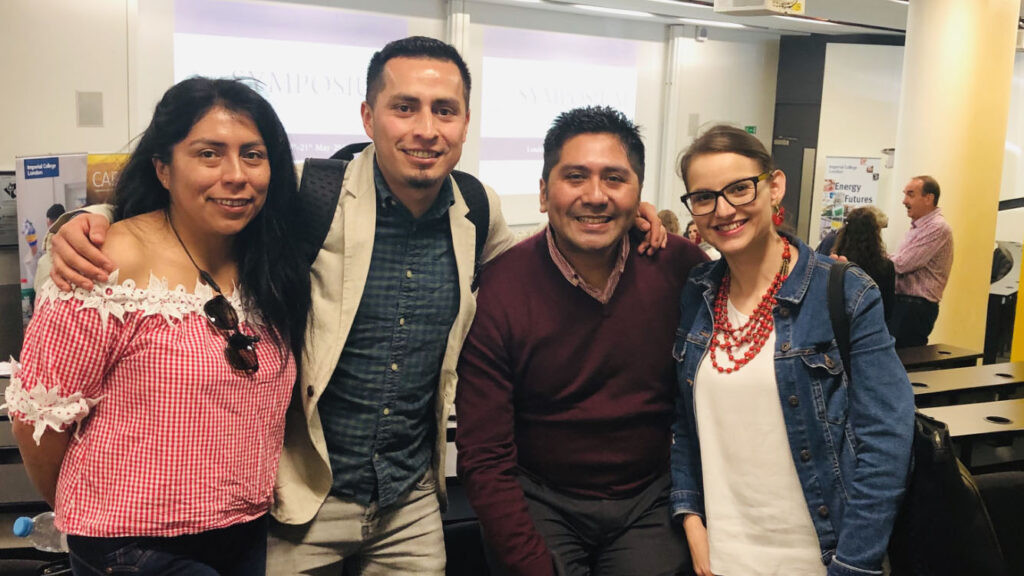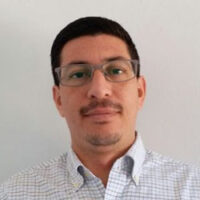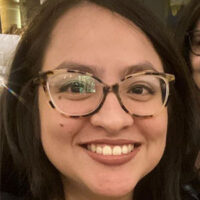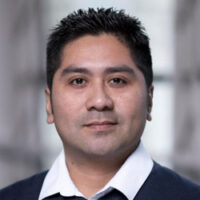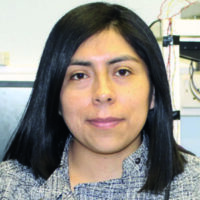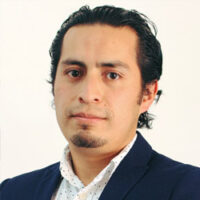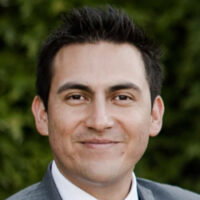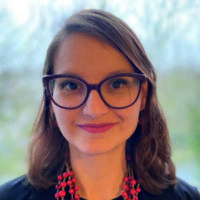IIASUR was born out of the need to address the lack or gap between local research, collaboration, and international research interest in Ecuador, Latin America, and the Global South. More than 8,000 research articles studying the Galapagos Islands, the Amazon, the Andes, and the Pacific coast of Ecuador have been published in the scientific literature (Scopus, accessed March 2018).
Approximately 80% of this body of research has been conducted by foreign universities with institutional affiliations primarily from the United States, Germany, and the United Kingdom. Of these investigations, only a few articles include universities or research institutions from Ecuador as part of the affiliation list in the articles (USFQ, UASB, CDF, GNP, EPN, PUCE, UCE, UC and ULEAM, among others)*.
The scientific findings generated in Ecuadorian territory together with their publications have been cited approximately 55,000 times, which implies that they have provided a relatively high scientific contribution and research impact worldwide. The information shown in Table 1 shows the lack of collaboration between local and foreign universities in the research carried out in Ecuador.


